Shortly before her husband’s funeral, the undertaker told the eponymous main character in Mrs Wilson (BBC1, Tuesday) that, ‘We’re here to make this tragic time as straightforward as possible.’ By then, though, we already knew this remark was the kind that, in a school set book, would soon be underlined with the words ‘Dramatic irony!!’ written in the margin. That’s because in its quiet way — devoid of both globetrotting locations and international terrorism — Mrs Wilson is as tangled and morally ambiguous as The Little Drummer Girl.
The opening episode began in the far-off days of 1963: so far off, in fact, that Alison Wilson (Ruth Wilson) was first seen nipping home from her office typing pool to make lunch for her husband Alec. Then, as she was preparing it, he died of a heart attack. Presumably Alison understood that her future would now be very different from how she’d imagined it. What she hadn’t reckoned on was that so would her past. Later that evening, a woman showed up claiming to be Alec’s wife Gladys. Worse still, she was — although Alison needed several flashbacks to accept it.
The first took us to 1940, when Alison had been doing her typing for the wartime intelligence services. Her boss is played by Fiona Shaw, who saved herself some effort by faithfully reproducing her performance as the intelligence boss in Killing Eve: stern, inscrutable and seemingly in possession of some secret hilarity. More congenial was Major Wilson (Iain Glen), who appeared an impressive blend of the dashing and the dependable, what with looking great in uniform while smoking a pipe. Admittedly he was married to begin with — but over one of their many posh lunches, he flourishingly produced his divorce papers. Before long, Alison was so smitten that she insisted on having sex even when Churchill was on the radio.
Unfortunately, once we returned to 1963, it became clear that the divorce papers were forged, and that Alec’s mysterious absences over the years mightn’t have been for undercover intelligence work after all. Gladys’s grown-up son Dennis also wanted his father’s body back, despite Alison having already planned the funeral. In the event, a compromise was reached, with the service taking place at Alison’s local church in Ealing and — in the nearest the programme came to globetrotting — the burial at Gladys’s in Southsea.
Ruth Wilson flawlessly conveys Alison’s mix of anger, pain, bewilderment and stubbornly continuing love for Alec. Yet, while the story is always told from her perspective, we’re also made aware of Dennis and Gladys’s similar feelings as they too are forced to rewrite the past. Not only that, but some of the frankly baffling condolences Alison received from mourners suggested that there are more secret lives — and secret wives — to be revealed.
The fact that all this is based on the story of Ruth Wilson’s own grandmother (which means Wilson is playing her father’s mum) undeniably adds a certain frisson — or possibly a whole new level of weirdness. Even without that, however, this would still be a powerfully intriguing piece of work; and at a time when even most good dramas feel like they’re slightly showing off, a refreshingly understated one.
But if it’s overstatement you wanted this week, there was always Dr Guddi Singh’s introduction to Babies: Their Wonderful World (BBC2, Monday), which promised not just ‘one of the most ambitious experiments ever attempted’, but that ‘what we uncover will change what we think about babies — and ourselves — for ever!’
As it turned out, a truer version might have been ‘What we uncover will confirm what we’ve always more or less known!’ — because after Singh’s first set of tests for 200 British babies and toddlers, it seems that children’s personalities are formed by a combination of their temperaments and how they’re treated; that the more you speak to them, the more language they pick up; and that they learn about the world by observing what’s around them.
Luckily, if you could ignore the surrounding hype, the programme itself was pretty good fun — partly because the tests were often ingenious, but mainly because of the children doing them. (Is it just me, or are babies and toddlers quite cute?) Now and again, there was even some fairly interesting stuff about the changing nature of the world the children are learning about.
At the end, for example, Babies reran an experiment of the 1990s when, to much gnashing of feminist teeth, very young children presented with a male doll, a female doll and a tiny vacuum cleaner generally gave the vacuum cleaner to the female doll. Twenty years later, they didn’t, apparently seeing both genders as equally likely to do housework.
Got something to add? Join the discussion and comment below.
Get 10 issues for just $10
Subscribe to The Spectator Australia today for the next 10 magazine issues, plus full online access, for just $10.
You might disagree with half of it, but you’ll enjoy reading all of it. Try your first month for free, then just $2 a week for the remainder of your first year.

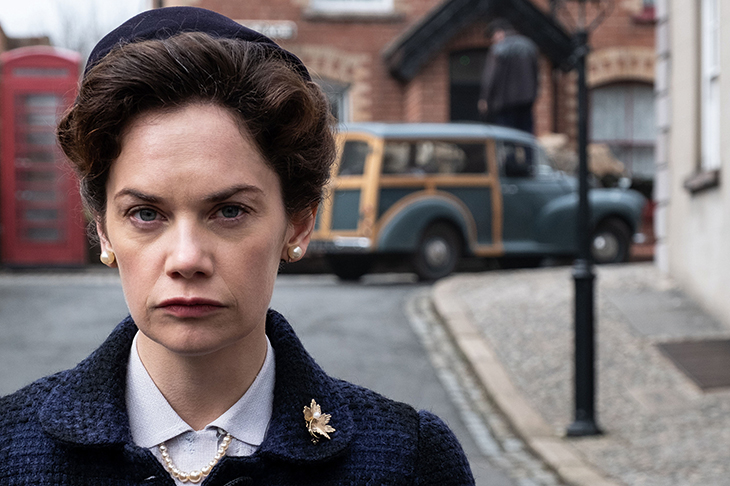
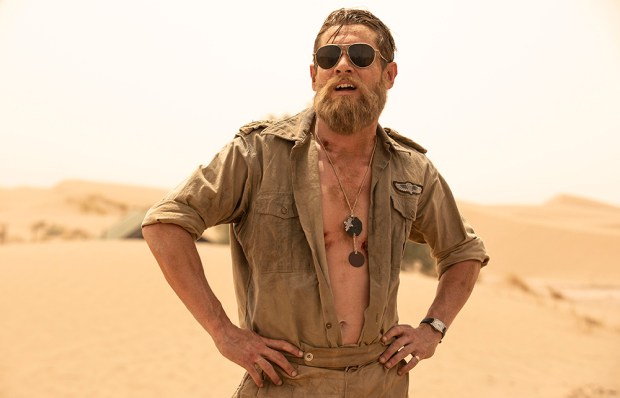
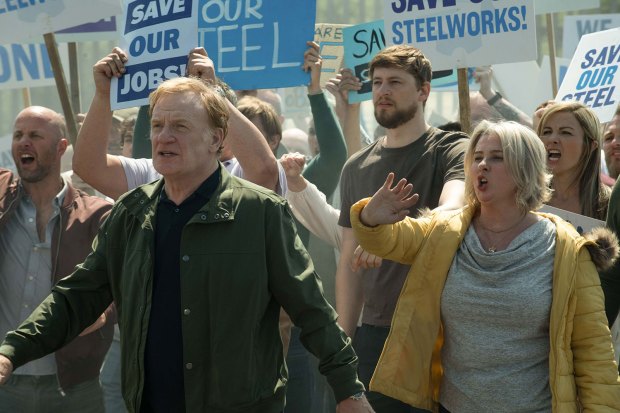

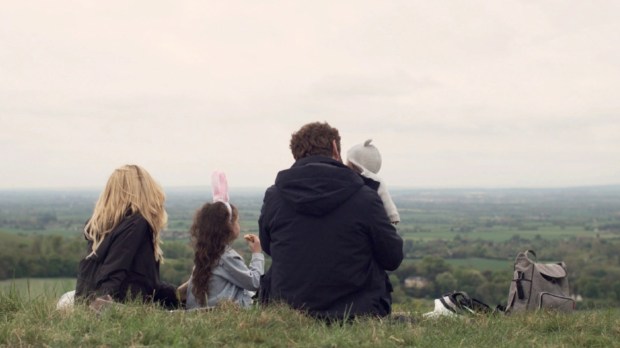

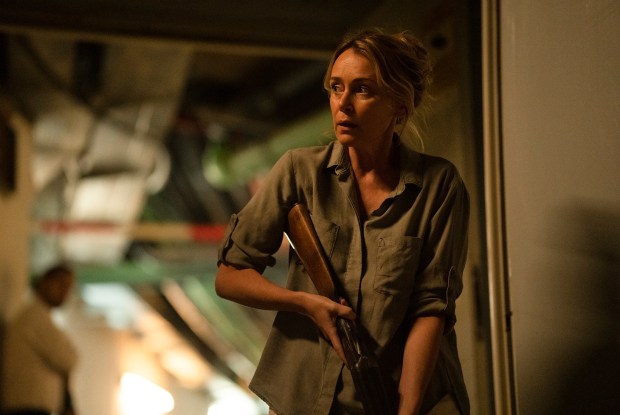






Comments
Don't miss out
Join the conversation with other Spectator Australia readers. Subscribe to leave a comment.
SUBSCRIBEAlready a subscriber? Log in